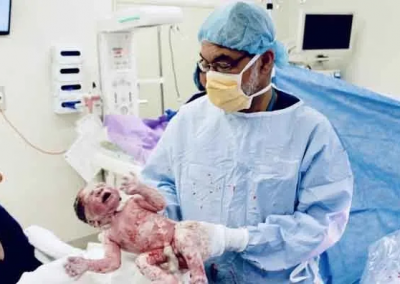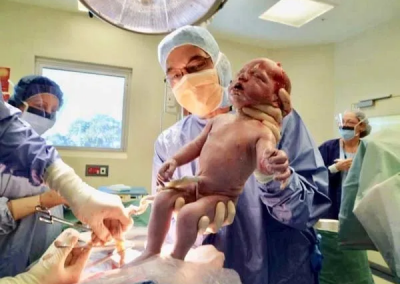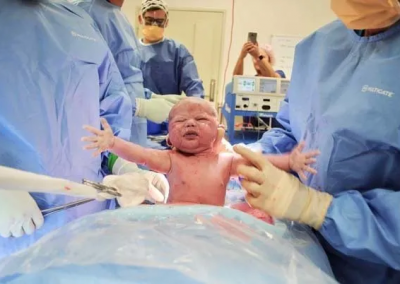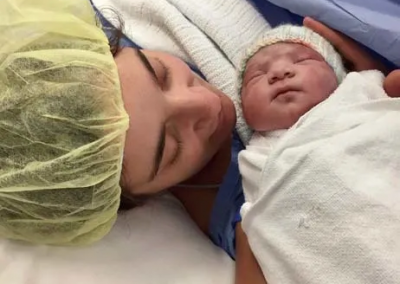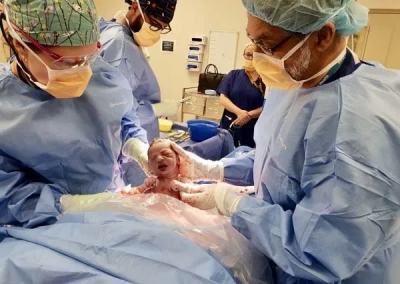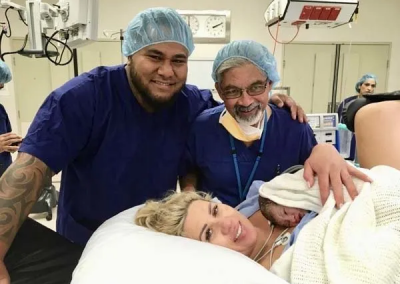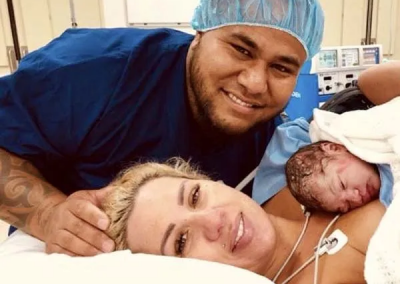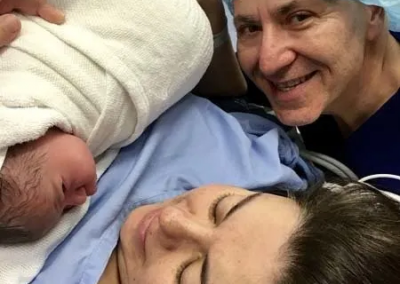In general, Vaccines consist of either a live virus, which has been modified to be harmless, or isolated parts of a virus. Vaccines provoke an immune response but no disease. In pregnancy, vaccines containing only part of a virus are considered safe, while vaccines containing a modified live virus are generally avoided.
Covid-19 Vaccination in Pregnancy
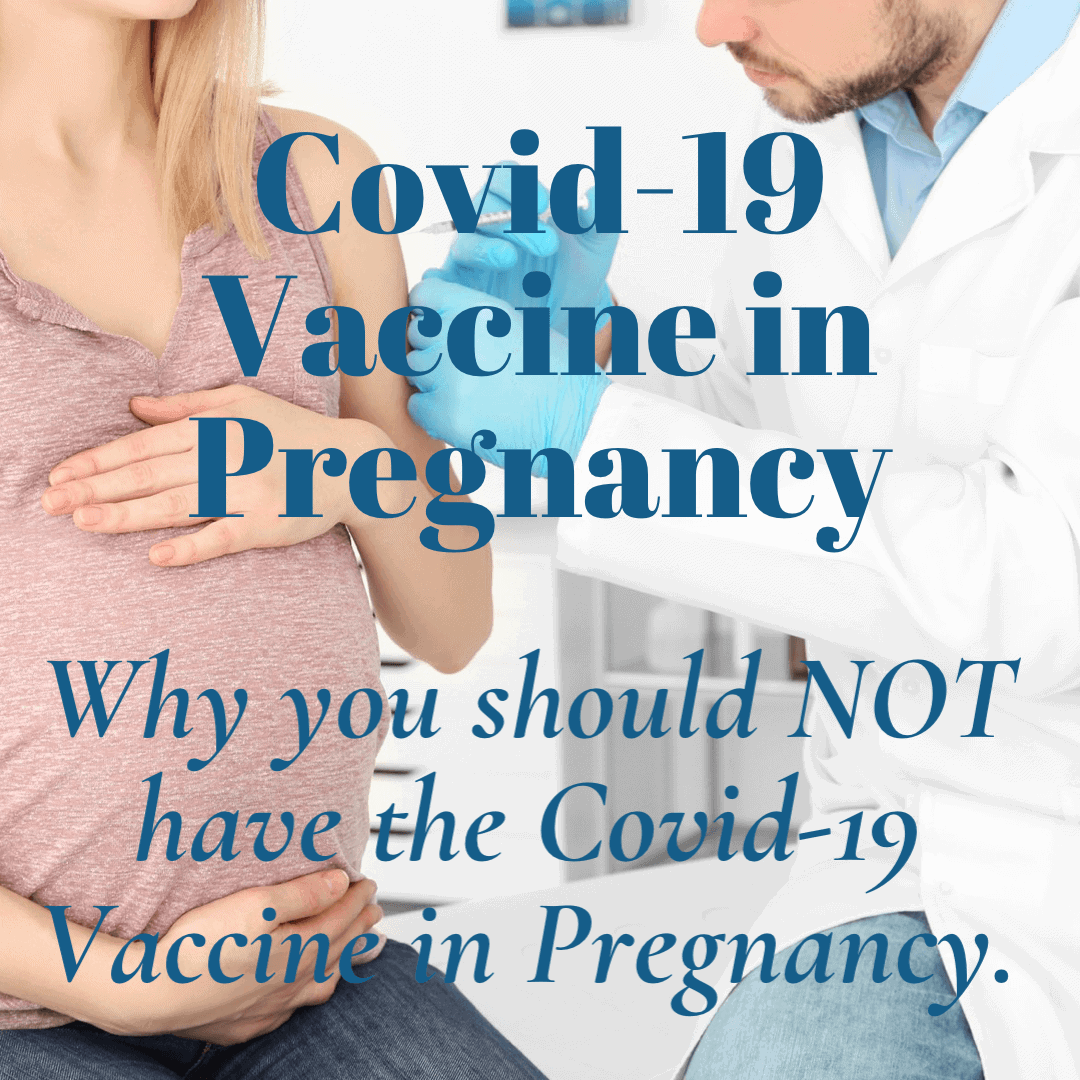
None of the current Covid-19 vaccines are live vaccines so they should theoretically be safe in pregnancy, but they have not yet been tested on pregnant women and therefore are generally not recommended in pregnancy. However, if a vaccinated woman finds herself pregnant, there is no cause for alarm.
A pregnant woman who has a chronic medical condition that renders her susceptible to severe illness if she contracted Covid-19, could consider vaccination after consultation with her physician.
Since a pregnant woman who contracts Covid-19 in late pregnancy can end up in premature labour, any women contemplating pregnancy should get vaccinated as soon as the vaccine is freely available. This advice is based on the recommendation of the Royal Australian and New Zealand College of Obstetricians and Gynaecologists (RANZCOG) and other major obstetric societies.
Other vaccinations in pregnancy
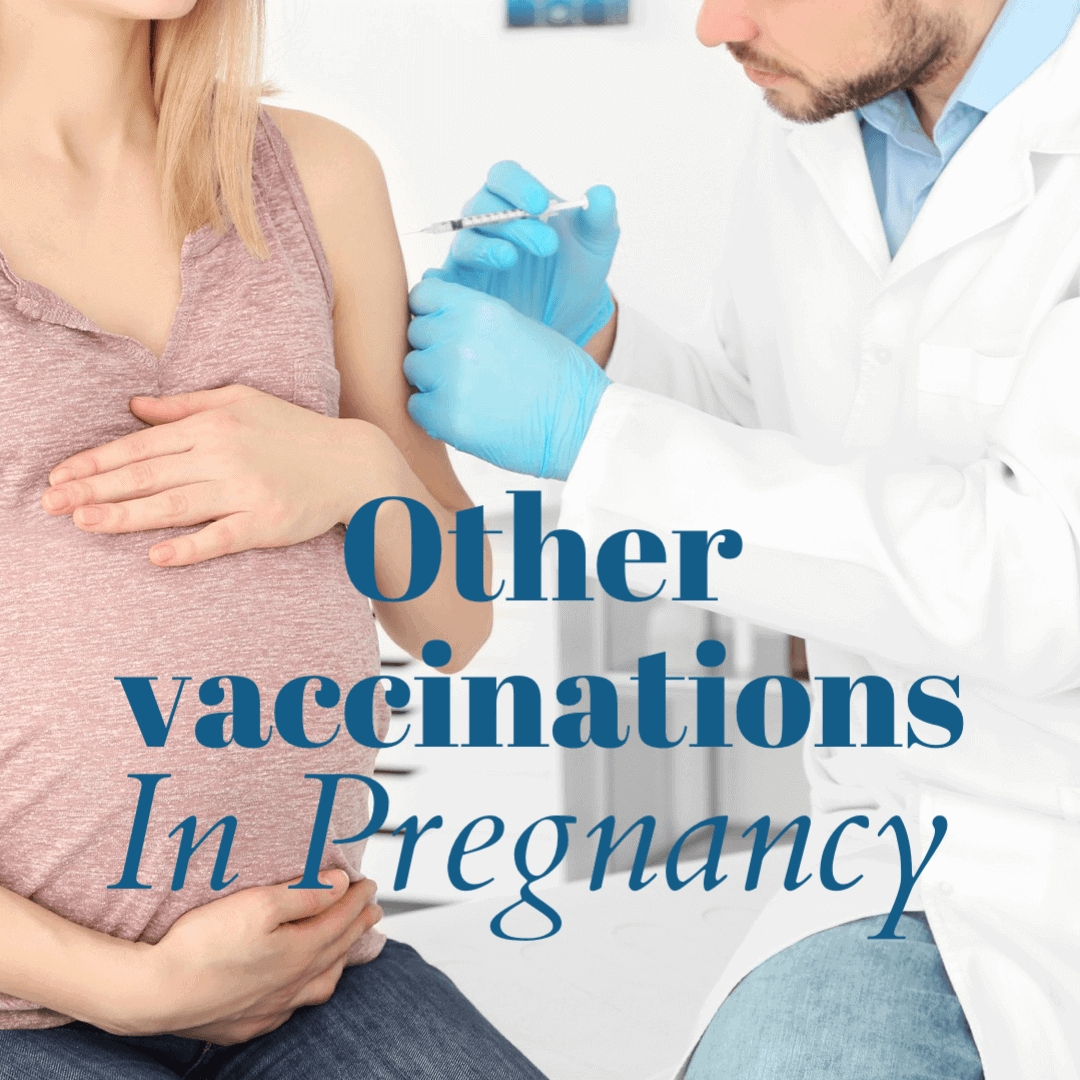
While Covid-19 vaccines are not currently recommended in pregnancy, many vaccines are.
Ideally, all pregnant patients should have already been vaccinated or be immune to both Rubella (German Measles) and Chickenpox. It is recommended that women contemplating pregnancy should check for immunity through a simple blood test and if not immune should be vaccinated prior to getting pregnant.
Pregnancy diminishes immunity. Pregnant women who get the flu can become seriously ill to the point of requiring intensive care. In 2020, due to social distancing, lockdowns and the widespread use of masks, this was uncommon. Regardless, vaccinating against current flu strains during pregnancy is recommended.
Vaccination against whooping cough is the other major recommendation. This is for the protection of the foetus. Boosting the whooping cough antibodies from the twentieth week of pregnancy onwards with vaccination leads to more whooping cough antibodies passing passively to the baby through the placenta. This will help protect the baby in the first few months. The father and any carer who is going to spend time with the baby should also be immune to whooping cough but a vaccination within the past five years should be adequate.
Written and edited by Dr Tilka Weerasiri.

